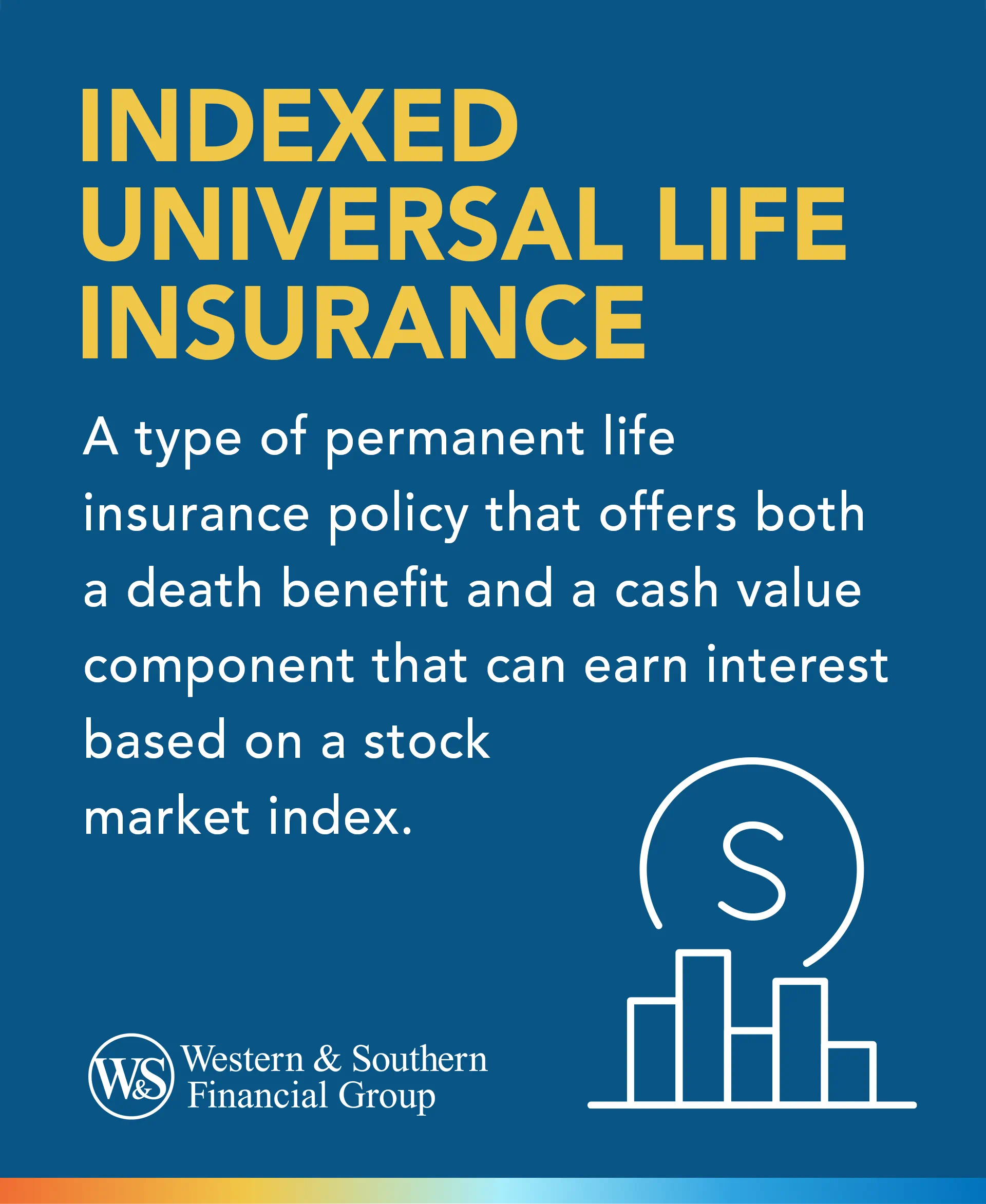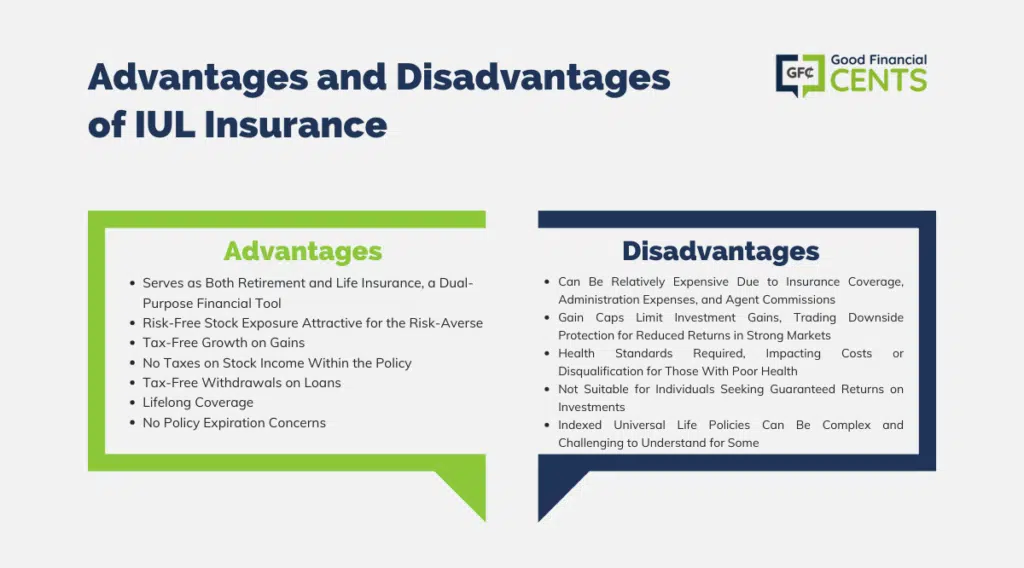All Categories
Featured
Table of Contents
1), typically in an attempt to beat their group standards. This is a straw male debate, and one IUL folks like to make. Do they compare the IUL to something like the Lead Total Amount Securities Market Fund Admiral Show to no load, a cost proportion (EMERGENCY ROOM) of 5 basis points, a turn over proportion of 4.3%, and an exceptional tax-efficient document of distributions? No, they contrast it to some horrible actively managed fund with an 8% lots, a 2% ER, an 80% turn over ratio, and an awful document of temporary resources gain circulations.
Common funds usually make annual taxed circulations to fund proprietors, even when the value of their fund has gone down in worth. Shared funds not only require income coverage (and the resulting annual taxation) when the mutual fund is rising in value, however can likewise enforce earnings taxes in a year when the fund has decreased in value.
You can tax-manage the fund, collecting losses and gains in order to decrease taxable distributions to the financiers, but that isn't somehow going to change the reported return of the fund. The ownership of common funds may need the shared fund proprietor to pay estimated tax obligations (indexation insurance).

IULs are simple to place to make sure that, at the owner's death, the beneficiary is not subject to either revenue or inheritance tax. The same tax decrease techniques do not work almost too with common funds. There are numerous, frequently pricey, tax obligation traps associated with the timed trading of shared fund shares, catches that do not relate to indexed life insurance policy.
Chances aren't really high that you're going to go through the AMT because of your shared fund distributions if you aren't without them. The rest of this one is half-truths at best. As an example, while it is real that there is no income tax obligation due to your beneficiaries when they acquire the profits of your IUL plan, it is also real that there is no income tax obligation because of your heirs when they acquire a mutual fund in a taxable account from you.
Best Universal Life
There are much better methods to avoid estate tax issues than purchasing investments with reduced returns. Shared funds might create revenue taxation of Social Security advantages.

The development within the IUL is tax-deferred and may be taken as free of tax revenue via fundings. The plan owner (vs. the shared fund supervisor) is in control of his or her reportable earnings, hence allowing them to reduce and even remove the taxation of their Social Safety benefits. This set is wonderful.
Right here's one more marginal problem. It's real if you get a shared fund for claim $10 per share just prior to the distribution day, and it distributes a $0.50 circulation, you are then mosting likely to owe tax obligations (possibly 7-10 cents per share) regardless of the truth that you have not yet had any kind of gains.
But in the end, it's truly about the after-tax return, not how much you pay in taxes. You are mosting likely to pay even more in taxes by utilizing a taxed account than if you get life insurance policy. Yet you're likewise possibly going to have even more cash after paying those taxes. The record-keeping requirements for possessing mutual funds are dramatically extra intricate.
With an IUL, one's documents are kept by the insurer, duplicates of yearly declarations are sent by mail to the owner, and distributions (if any) are completed and reported at year end. This set is additionally sort of silly. Obviously you should keep your tax obligation records in instance of an audit.
Best Performing Iul
All you need to do is push the paper right into your tax obligation folder when it shows up in the mail. Hardly a reason to buy life insurance policy. It resembles this person has never bought a taxable account or something. Shared funds are frequently part of a decedent's probated estate.
Additionally, they are subject to the delays and expenditures of probate. The earnings of the IUL policy, on the other hand, is always a non-probate distribution that passes beyond probate straight to one's named recipients, and is for that reason exempt to one's posthumous creditors, unwanted public disclosure, or comparable hold-ups and expenses.
We covered this under # 7, but just to recap, if you have a taxed common fund account, you need to put it in a revocable depend on (and even less complicated, utilize the Transfer on Fatality classification) in order to avoid probate. Medicaid disqualification and lifetime income. An IUL can supply their proprietors with a stream of revenue for their entire life time, despite how much time they live.

This is valuable when organizing one's affairs, and converting possessions to earnings before a nursing home arrest. Common funds can not be converted in a comparable way, and are usually considered countable Medicaid properties. This is one more silly one promoting that poor people (you recognize, the ones who require Medicaid, a federal government program for the poor, to pay for their retirement home) need to make use of IUL rather than mutual funds.
Insurance Indexing
And life insurance policy looks horrible when contrasted fairly versus a pension. Second, individuals that have cash to purchase IUL above and past their pension are going to need to be dreadful at taking care of money in order to ever receive Medicaid to spend for their nursing home expenses.
Chronic and incurable illness biker. All policies will certainly permit an owner's easy accessibility to money from their plan, commonly forgoing any kind of surrender penalties when such people suffer a severe illness, need at-home treatment, or end up being restricted to an assisted living facility. Mutual funds do not provide a similar waiver when contingent deferred sales fees still relate to a common fund account whose proprietor requires to market some shares to fund the prices of such a keep.
Universal Life Insurance Calculator
You obtain to pay more for that advantage (cyclist) with an insurance policy. Indexed universal life insurance policy provides death benefits to the beneficiaries of the IUL proprietors, and neither the owner nor the beneficiary can ever shed cash due to a down market.
I certainly do not require one after I reach financial self-reliance. Do I want one? On average, a purchaser of life insurance coverage pays for the true expense of the life insurance policy advantage, plus the expenses of the plan, plus the earnings of the insurance policy business.
Universal Life Insurance Loans
I'm not totally sure why Mr. Morais included the whole "you can't shed money" again right here as it was covered quite well in # 1. He simply wished to duplicate the most effective marketing factor for these things I suppose. Once again, you don't lose small bucks, but you can lose real bucks, along with face significant possibility price due to reduced returns.

An indexed global life insurance policy policy owner may trade their policy for a completely different policy without setting off revenue tax obligations. A common fund proprietor can stagnate funds from one common fund business to an additional without marketing his shares at the previous (therefore activating a taxed occasion), and buying brand-new shares at the latter, typically subject to sales fees at both.
While it is true that you can exchange one insurance coverage for another, the reason that individuals do this is that the very first one is such an awful plan that also after acquiring a new one and undergoing the very early, adverse return years, you'll still appear in advance. If they were marketed the appropriate plan the very first time, they should not have any type of desire to ever before exchange it and undergo the very early, adverse return years once again.
Table of Contents
Latest Posts
指数 型 保险
Universal Life Insurance Cons
Universal Life Target Premium
More
Latest Posts
指数 型 保险
Universal Life Insurance Cons
Universal Life Target Premium